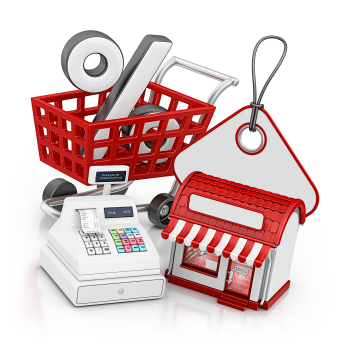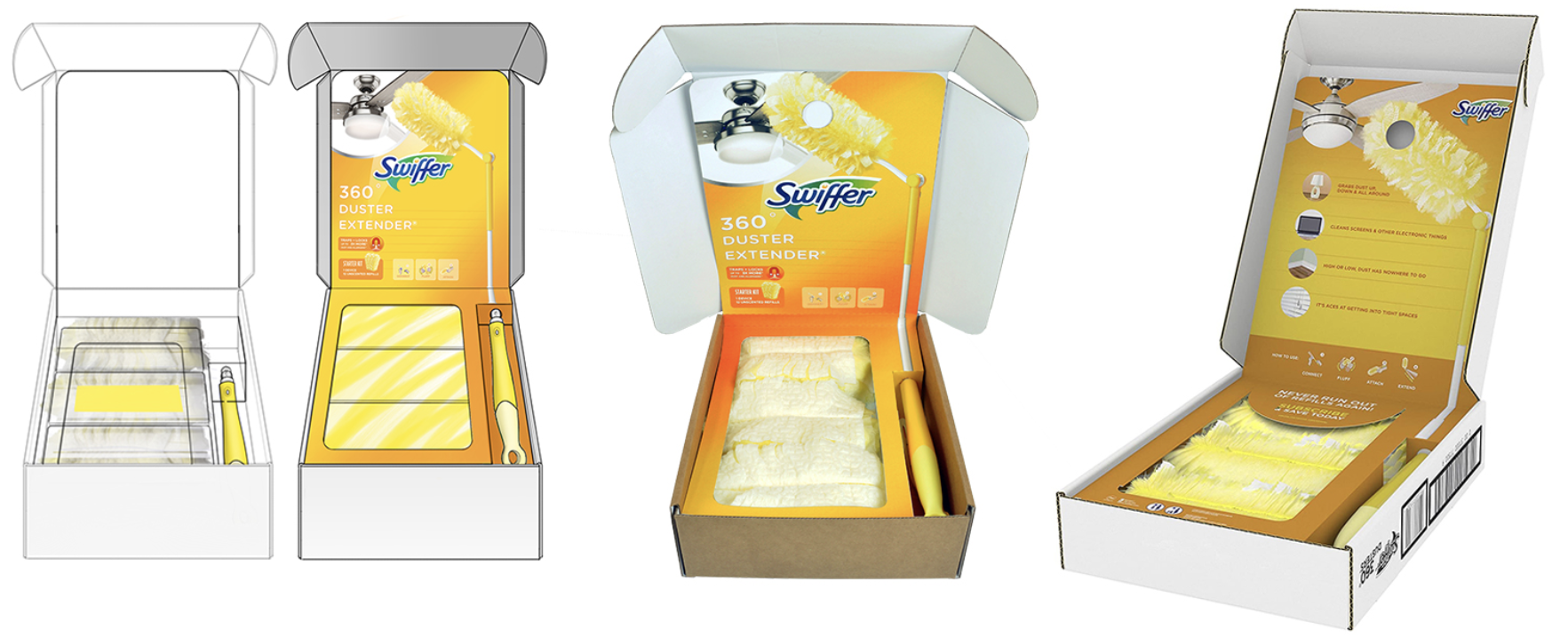Introduction:
When you`re a manufacturer fighting tooth and nail to find new buyers and expand your product line, finding the right strategy and sifting through the BS and the expert advice can be tricky. I`m writing this post because while there are a million and two things a product-based business can do to improve sales, marketing, or efficiency…there are some clear-cut things you can do wrong.
Whether you`re new or already involved in retail stores, hopefully these what-not-to-do tips will make you ask questions regarding your own retail and sales strategy.
My product is more affordable than the competition!
Fighting your competition through pricing is simply a race to the bottom. Basing your sales pitch based on price to retailers and distributors might seem like a good way to attract end-consumers to purchase; however, without margins and a uniqueness your business will struggle to thrive.
When pricing is a primary advantage of your retail price over the competition, marketability goes down and it doesn`t take long before someone else outbids you.
It`s even more obvious at trade shows on the floor when your competition is directly across from you competing for the same retail buyers. People, including buyers, don`t see pricing they see innovation and profitability.
Calling on retailers – you get one shot!
When I was at the Chicago International Home + Housewares Show this last weekend I received a common response when I asked, “Which retailers are you looking to get into soon?”
“Well everywhere and whoever wants to buy!”
Although the enthusiasm was inspiring it showed me just how many manufacturers probably use the shotgun approach when approaching retailers. This type of mindset can be dangerous when you`re relatively new, trying to control your pricing  and brand.
and brand.
Especially if you`re selling a unique product, picking your retailers or distributors wisely can be a great way to gain traction while maintaining control. Always make sure that you`re ready to answer a potential buyer´s questions whether you`re on the phone or in person.
Failure to prepare and plan for these sales pitches can mean a forever lost opportunity.
Also, rather than contacting a retailer or buyer in a cold call try and find a connection of some sort – perhaps through a sales rep or someone who works with that retailer or distributor regularly. Usually I`ll try and run new clients through a fake sales call and I`ll pretend to be the retailer asking the tough questions.
Are you going the distance? Sales vs Marketing
Most manufacturers focus primarily on sales – which is to say putting the product on the shelf of the retailer; however, this mindset is outdated and ineffective.
To truly know long-term success you have to be able to clearly separate sell-in (sales) and sell-through (promotions, marketing, sales training). Sell-in gets you started with a vendor, and in relative terms isn`t that difficult. Sell-through keeps you involved with the retailer and equals repeat purchase orders.
Sell-through is the difference between inefficient, ad-hoc retail accounts and consistent, expanding, and growing business growth.
Many smaller businesses don`t want to invest in marketing strategies for retail because it can be expensive, however without marketing you`re business loses competitive advantage at the retail level. And there are some affordable ways to professionally market your business in retail.
To wrap things up
Developing a product that people will want to buy seems intuitive; however, some manufacturers focus too much on price advantages. When you don`t have a competitive advantage, you`re battling upstream.
Making sure you have a plan before you go to market is essential. Otherwise it`s like wandering in a dark cave without a flashlight – scary! Find a professional and seek advice (or contact me) before you waste thousands going the wrong direction.
Sales is the life-blood of your business but marketing is the heartbeat that keeps it all consistent and healthy…man I`m good at analogies.



